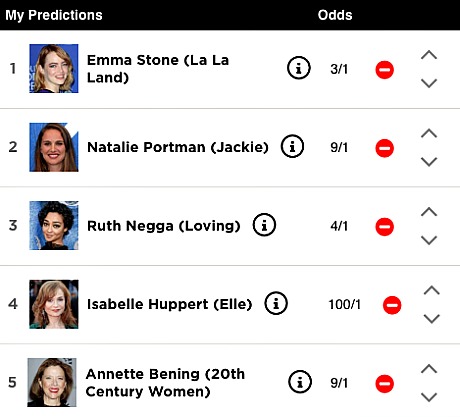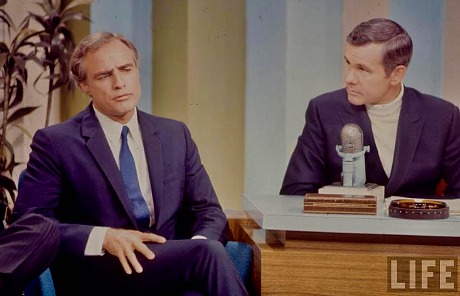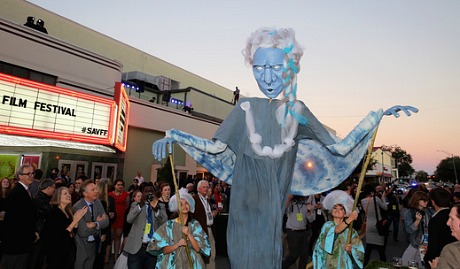A few days ago it was reported that Paramount Pictures has acquired the rights to the biography ‘Sam Phillips: The Man Who Invented Rock ‘n’ Roll,” with Leonardo DiCaprio attached to produce and star. A little voice is saying DiCaprio should ease up on portraying real-life guys — Jordan Belfort, Frank Abagnale, J. Edgar Hoover, Howard Hughes. Plus he’ll never top his Belfort performance — he knows it, we know it.
If a Sam Phillips biopic is going to happen for sure, the best guy to play him would be a time-machine version of Dallas Roberts. Yes, the guy who played Phillips in that one burn-through scene from Walk The Line (’05). I believed 100% in that scene. Roberts was perfect, owned it. He was 34 or 35 back then, is now 46.
Yes, Phillips created the legendary Sun Records label and discovered nascent blues rockers like Howlin’ Wolf, Carl Perkins, Jerry Lee Lewis, Johnny Cash and Elvis Presley, and in so doing gave birth to rock ‘n’ roll. But his peak period only lasted five years (’51 to ’56). So the movie would be basically saying “this visionary Southern guy lived for 80 years and is a bona fide legend, but mostly because of a bright-burning period that began to draw to a close when Presley began appearing on the Ed Sullivan Show, which was eight years before the Beatles arrived.”
Posted on 2.6.09 during my visit to Memphis: “I loved visiting the fabled Sun Studios because it hasn’t been expanded or glitzed up. It looks and feels a lot like what I imagine it used to be back in the ’50s. I bought an Elvis at Sun CD and listened to it twice during the 90-minute drive south to Oxford. ‘Y’heard the news, thayuhs good rockin’ tonight.'”

















